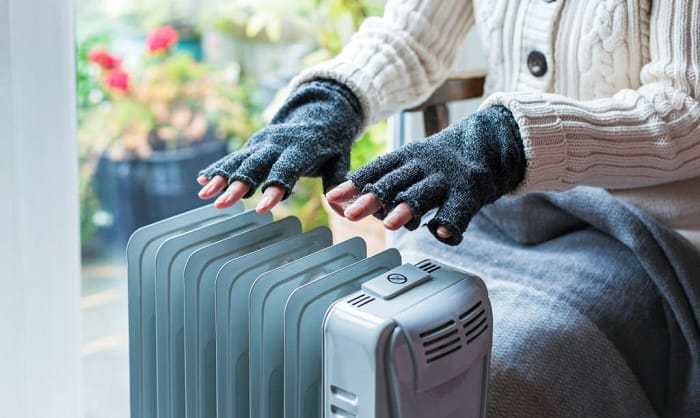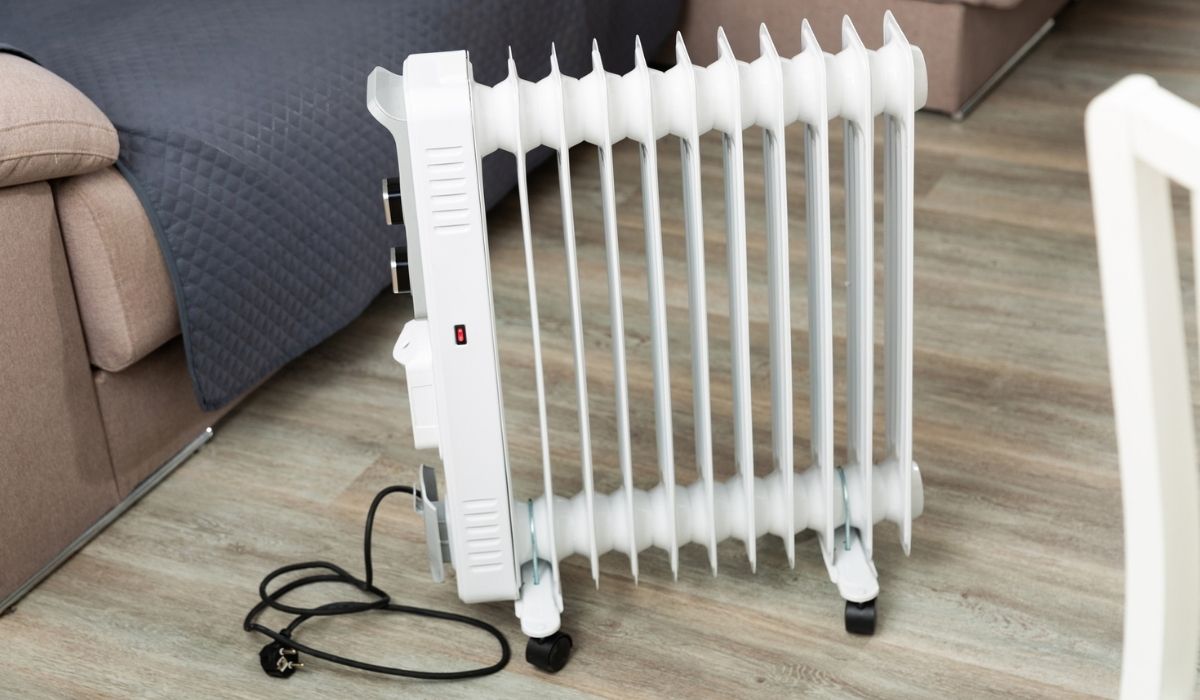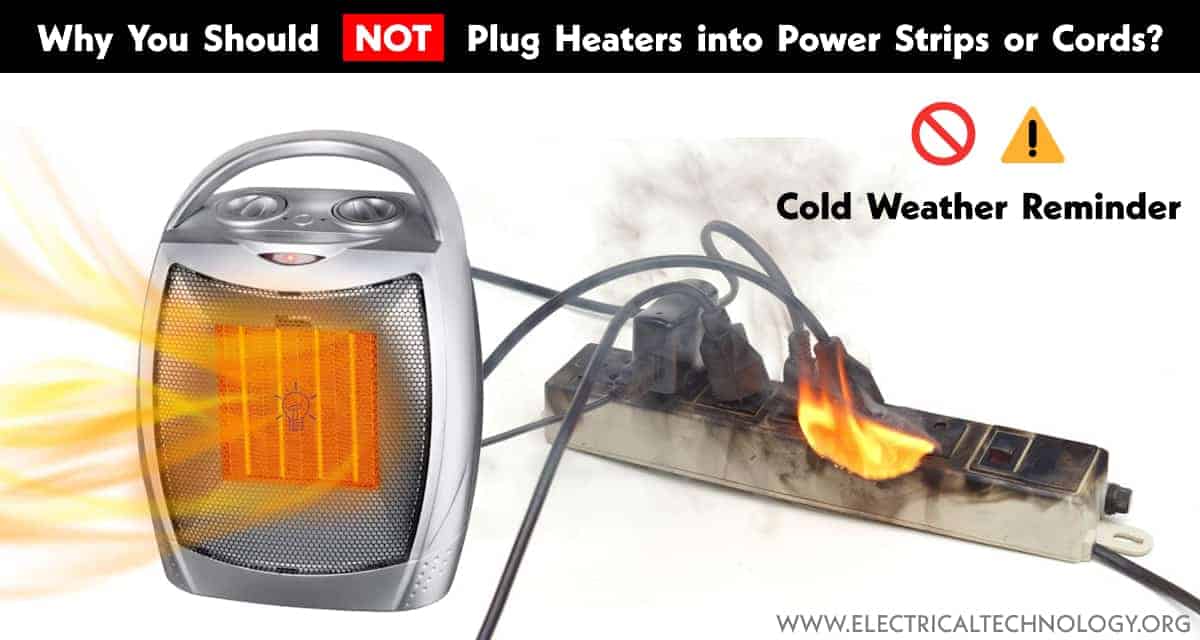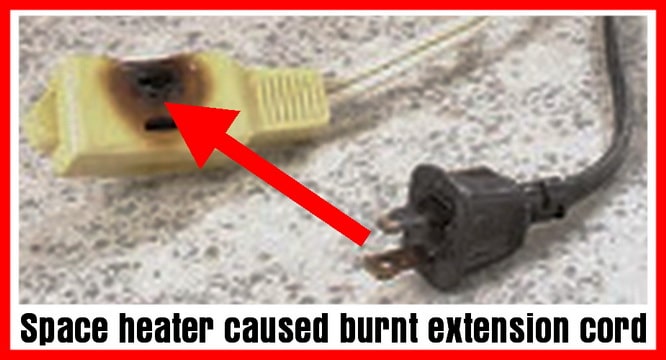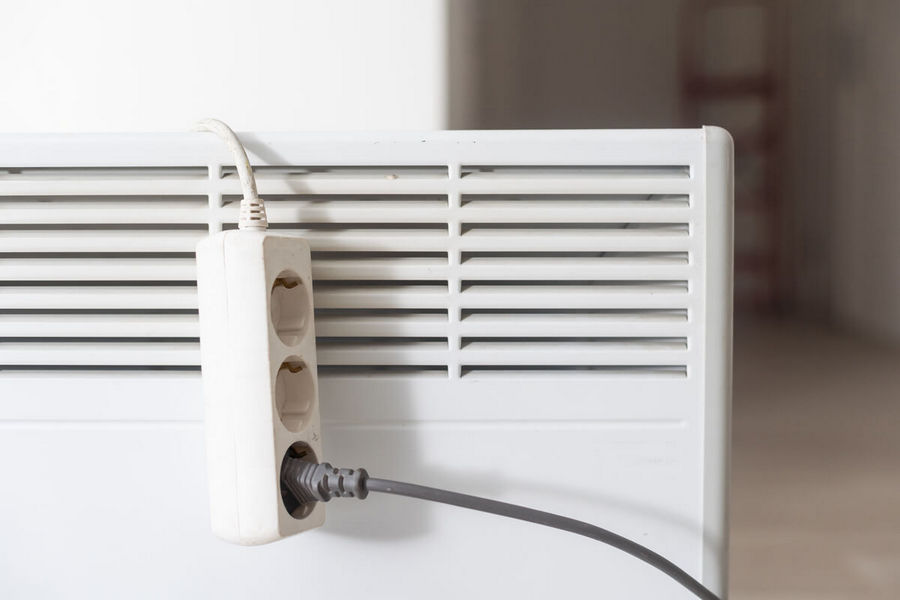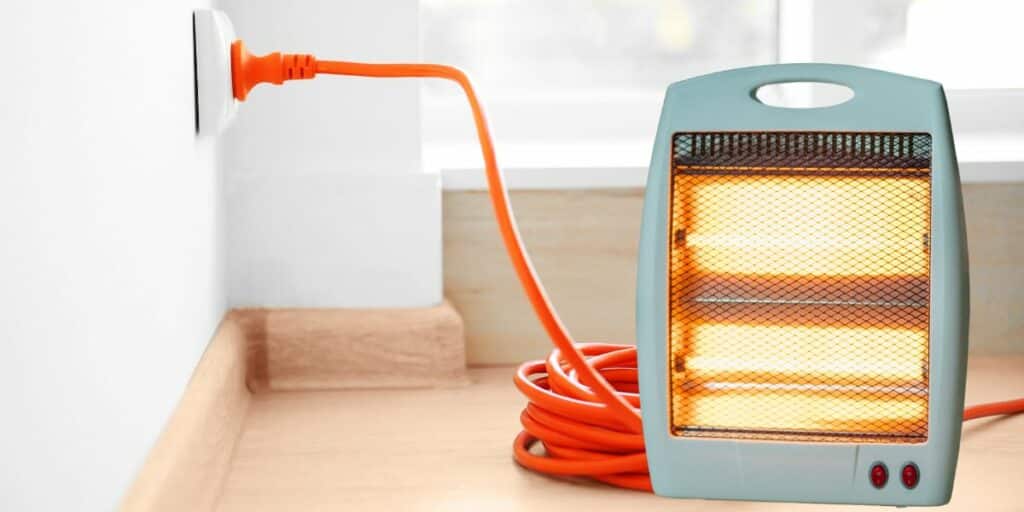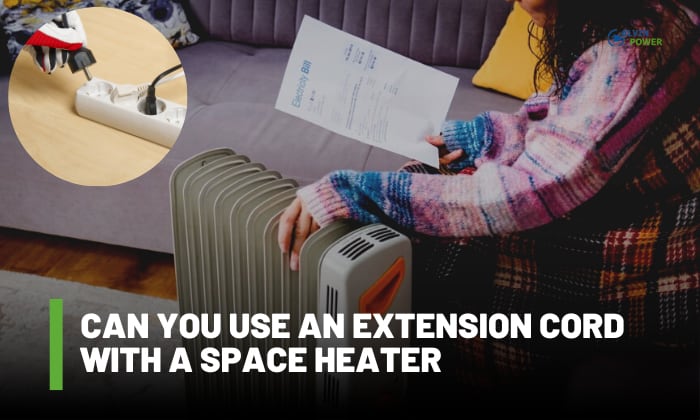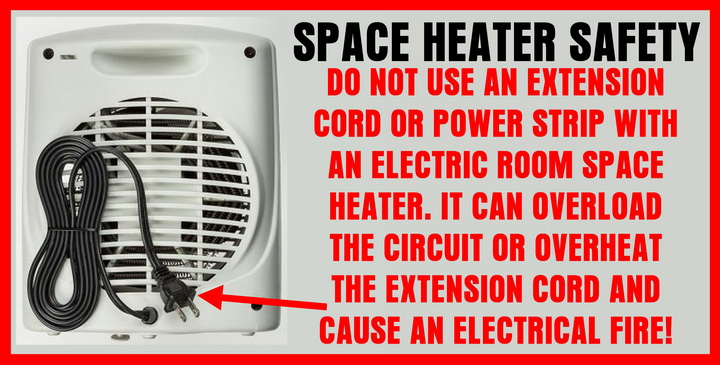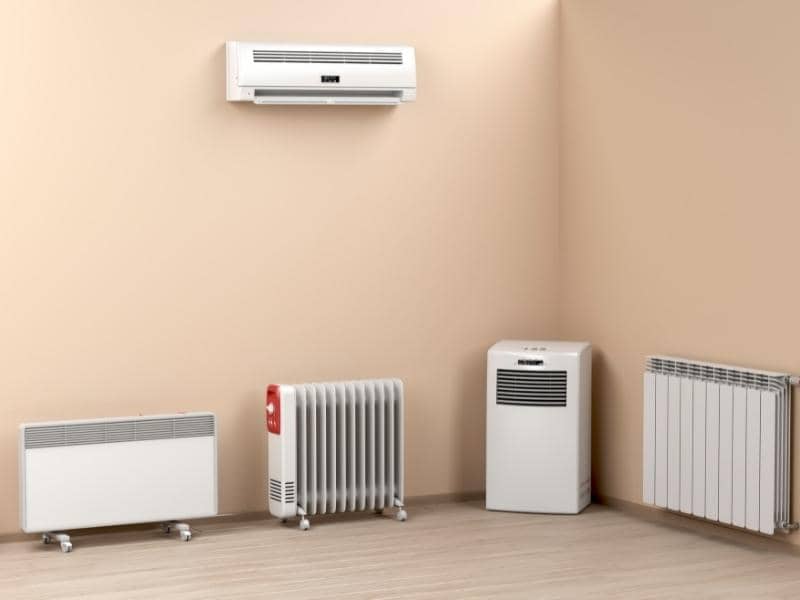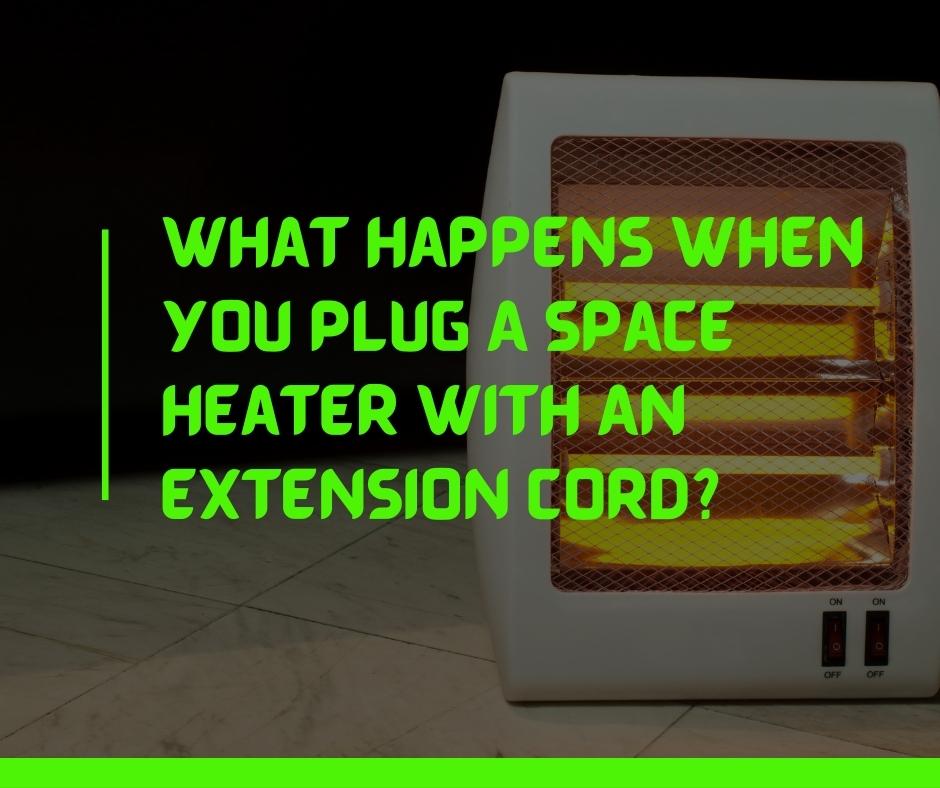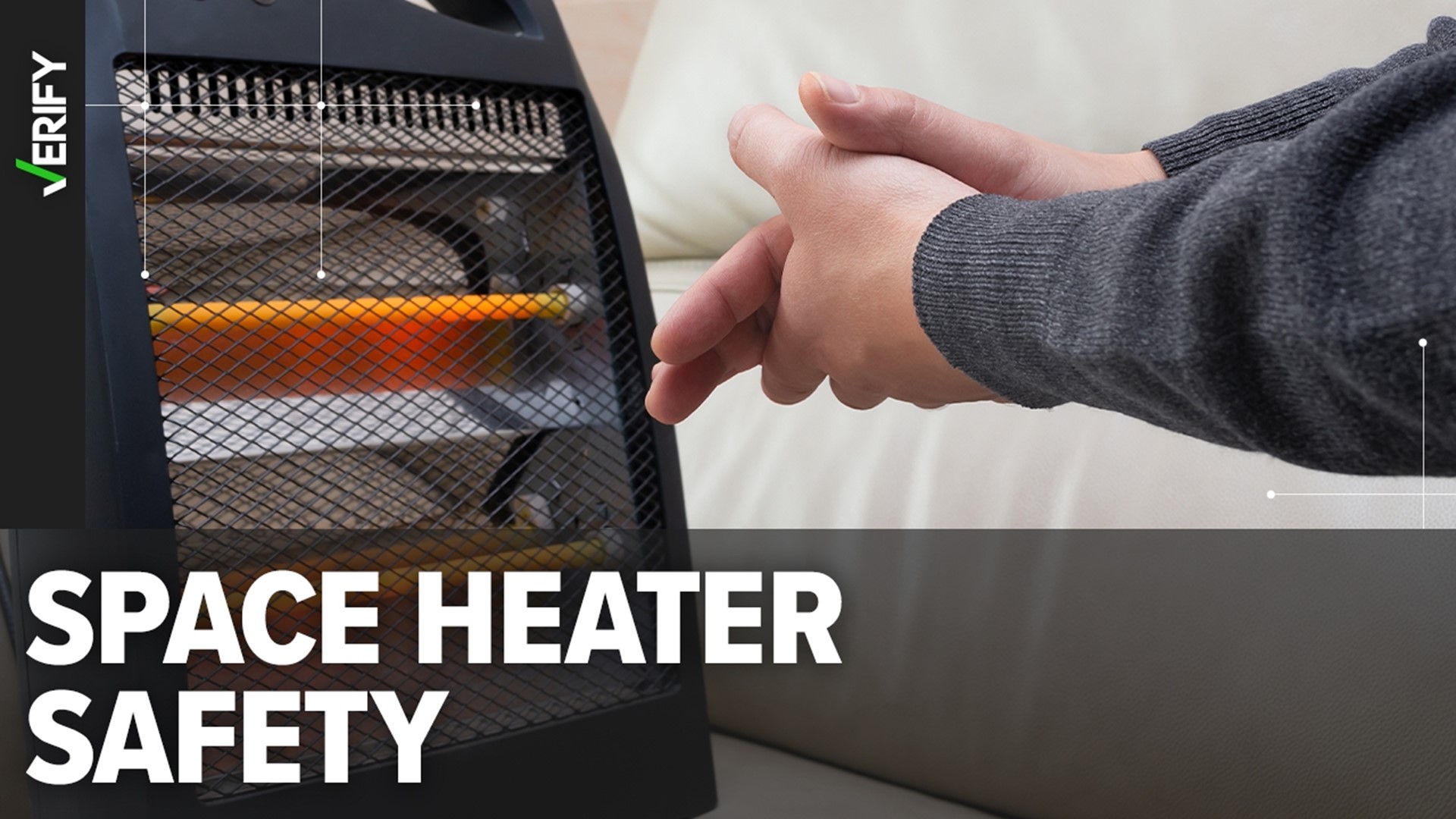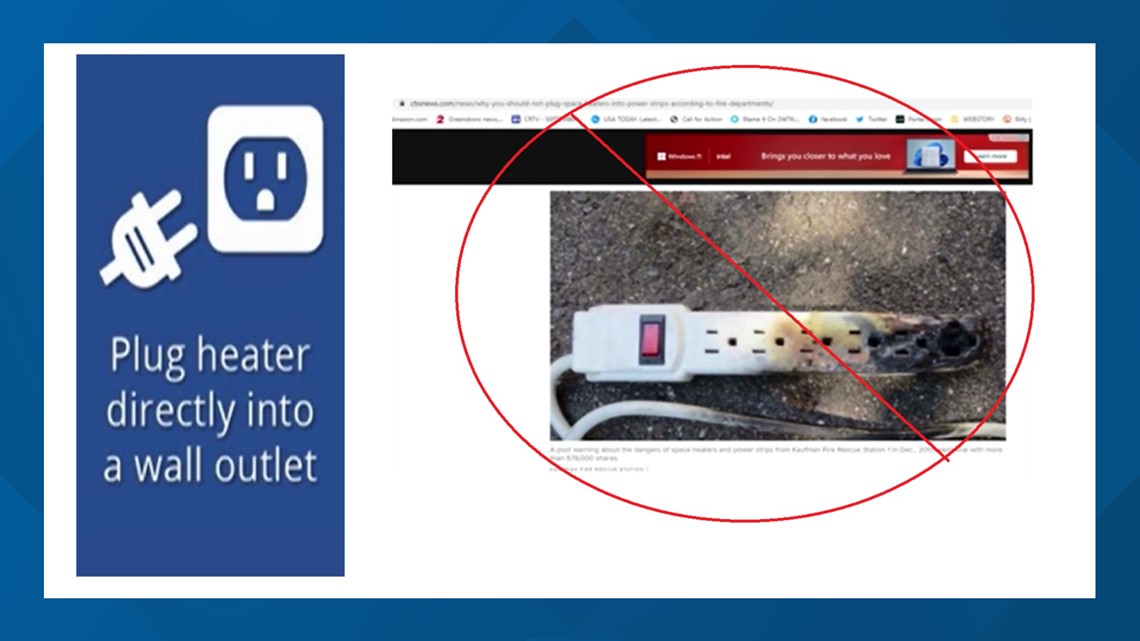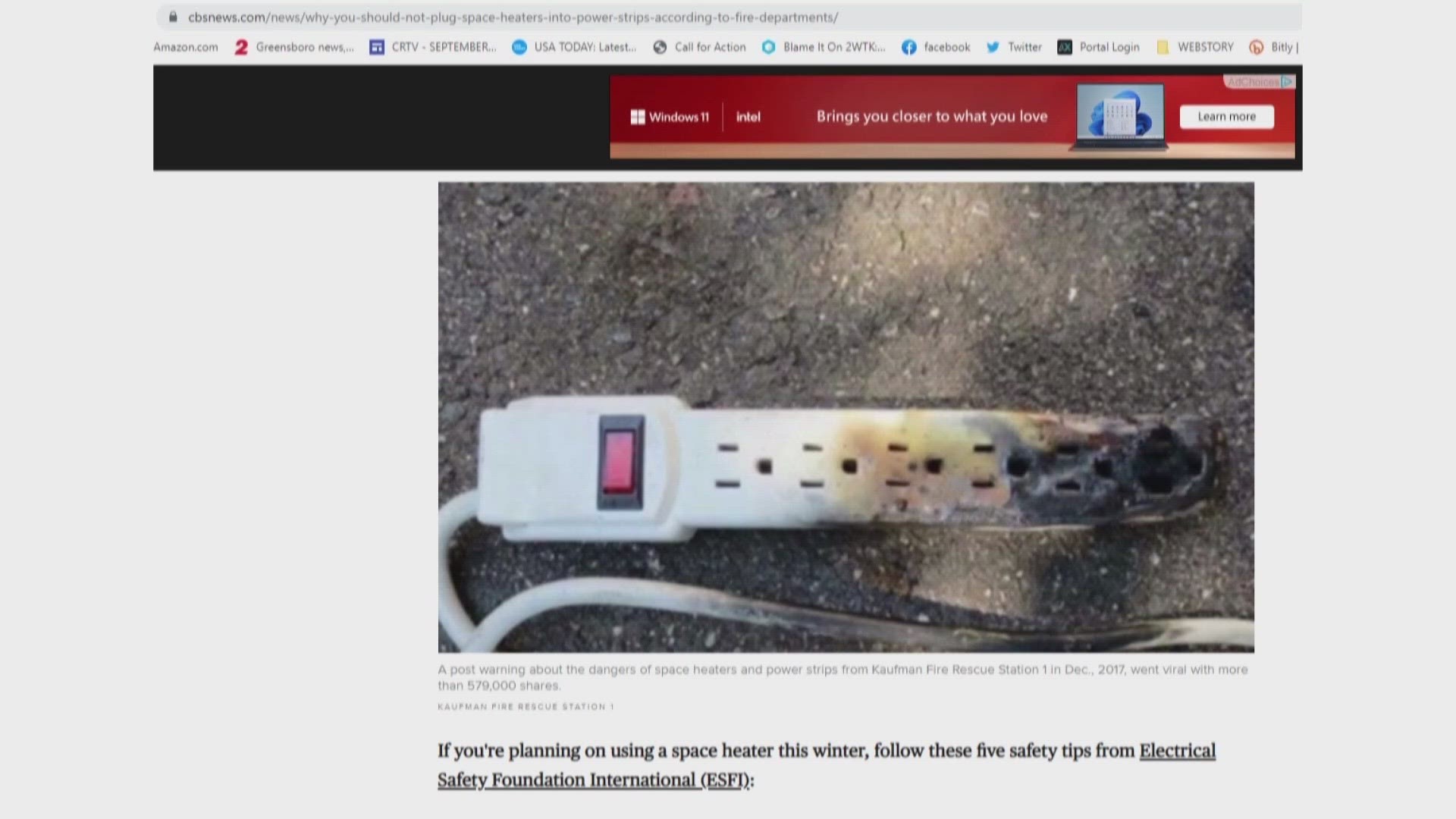Can You Use An Extension Cord With A Space Heater
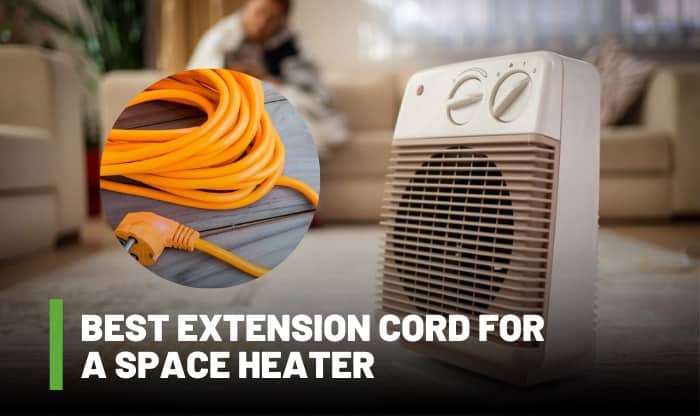
Imagine this: a frosty winter evening, the wind howling outside, and all you crave is a cozy nook to escape the chill. You pull out your trusty space heater, ready to bask in its warmth, but then you realize the outlet is just a bit too far. An extension cord is your immediate solution, but a nagging question lingers: Is this safe? The potential fire hazards loom large, casting a shadow on your dreams of warmth.
The burning question of whether to use an extension cord with a space heater is not just a matter of convenience, it's a critical safety issue that every homeowner should understand. Misuse can lead to overloaded circuits, overheating, and, in the worst-case scenario, a devastating fire. This article will delve into the dangers, the safe alternatives, and the guidelines to keep your home warm and secure this winter.
The Dangers Lurking Behind the Cord
Space heaters are power-hungry appliances, often drawing a significant amount of electricity. When plugged into an extension cord, especially a lightweight or damaged one, the cord can overheat. This is because the extension cord's wires might not be thick enough to handle the heater's electrical load.
Underwriters Laboratories (UL), a global safety certification company, emphasizes that using an inadequate extension cord is a major fire hazard. Overheating can melt the cord's insulation, leading to short circuits and potentially igniting nearby flammable materials.
What Happens When an Extension Cord Overloads?
An overloaded extension cord becomes a ticking time bomb. The excessive current flowing through the cord generates heat faster than it can dissipate. This can cause the plastic insulation to melt and potentially spark, leading to a fire.
Furthermore, an overloaded extension cord can also damage the space heater itself. The heater's internal components may overheat, leading to malfunctions and reducing its lifespan.
The Right Way to Use an Extension Cord (If You Must)
While it's generally advised to avoid using extension cords with space heaters, there are specific instances where it might be necessary. In such cases, it's crucial to choose the right type of extension cord and follow strict safety guidelines.
Always opt for a heavy-duty extension cord specifically designed for appliances. These cords have thicker wires and are rated to handle higher amperage loads. Look for cords that are marked as suitable for use with appliances or heavy-duty equipment.
Important Considerations: The cord's gauge (thickness) is crucial. A lower gauge number indicates a thicker wire, capable of carrying more current. For space heaters, a 14-gauge or 12-gauge cord is recommended.
Safe Usage Guidelines
Before using an extension cord, inspect it for any signs of damage, such as frayed wires or cracked insulation. Never use a damaged extension cord, as it poses a serious fire risk. Make sure the cord is fully uncoiled during use.
Coiled cords can trap heat, increasing the risk of overheating. Avoid running the extension cord under rugs or carpets, as this can also trap heat and potentially damage the cord. Furthermore, ensure the cord is placed in a location where it won't be tripped over or stepped on.
Never plug multiple devices into the same extension cord as the space heater. Overloading the cord with multiple appliances can exceed its capacity and lead to overheating. Also, do not use multiple extension cords to increase length. Each connection point is a potential failure.
Alternatives to Extension Cords
The safest approach is to avoid using extension cords altogether with space heaters. Here are some safer alternatives to consider.
Relocate the Space Heater: The most straightforward solution is to move the space heater closer to an outlet. Consider rearranging furniture or using the heater in a room with a readily accessible outlet.
Install a New Outlet: If you frequently use a space heater in a particular location, consider having an electrician install a new outlet. This is a more permanent and safer solution than relying on extension cords. Make sure the outlet is properly grounded and can handle the heater's electrical load.
Central Heating as a Solution
For consistent and safe heating, invest in a properly functioning central heating system. Central heating systems are designed to distribute heat evenly throughout the house, eliminating the need for individual space heaters. Regularly maintain your central heating system to ensure it is working efficiently and safely.
According to the National Fire Protection Association (NFPA), space heaters are a leading cause of home fires during the winter months. Utilizing central heating reduces the dependence on space heaters, minimizing the fire risk.
Checking the Space Heater's Specifications
Before using any space heater, carefully read the manufacturer's instructions. These instructions will provide important information about the heater's power requirements and safe usage guidelines. Pay close attention to the heater's wattage rating, which indicates the amount of power it consumes. Also, check to see if the space heater has safety features.
Many modern space heaters come equipped with safety features like tip-over switches and overheat protection. These features automatically shut off the heater if it tips over or gets too hot, preventing potential fires. A tip-over switch is a great feature to have on your space heater.
Regular Maintenance is Key
Regularly inspect your space heater for any signs of damage, such as frayed cords or loose connections. Clean the heater regularly to remove dust and debris, which can accumulate and potentially cause a fire hazard. Do not use the heater near water or in damp areas.
Always unplug the space heater when it's not in use. This not only saves energy but also eliminates the risk of accidental fires. Storing the space heater properly during the off-season is also important. Store it in a dry, safe place where it won't be damaged.
Final Thoughts: Warmth and Safety Can Coexist
While the allure of instant warmth from a space heater is undeniable, it's crucial to prioritize safety. The decision to use an extension cord should be approached with caution and a thorough understanding of the risks involved. By following the guidelines outlined above, you can significantly reduce the risk of fire and keep your home safe and warm this winter.
Remember, a little bit of prevention can save a lot of heartache. Be mindful of your heating practices, and ensure that your home is a safe and cozy haven for you and your loved ones.
